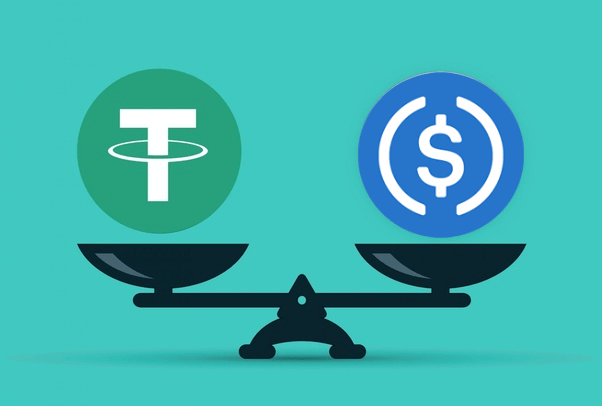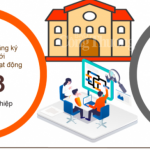TP.HCM will be able to build 200km of urban railways, if…
According to experts, the target of 200km of urban railways by 2035 is very challenging without new approaches. The fact that the first metro line took 20 years makes it “impossible” to achieve the goal of 200km with the same old mindset and methods.
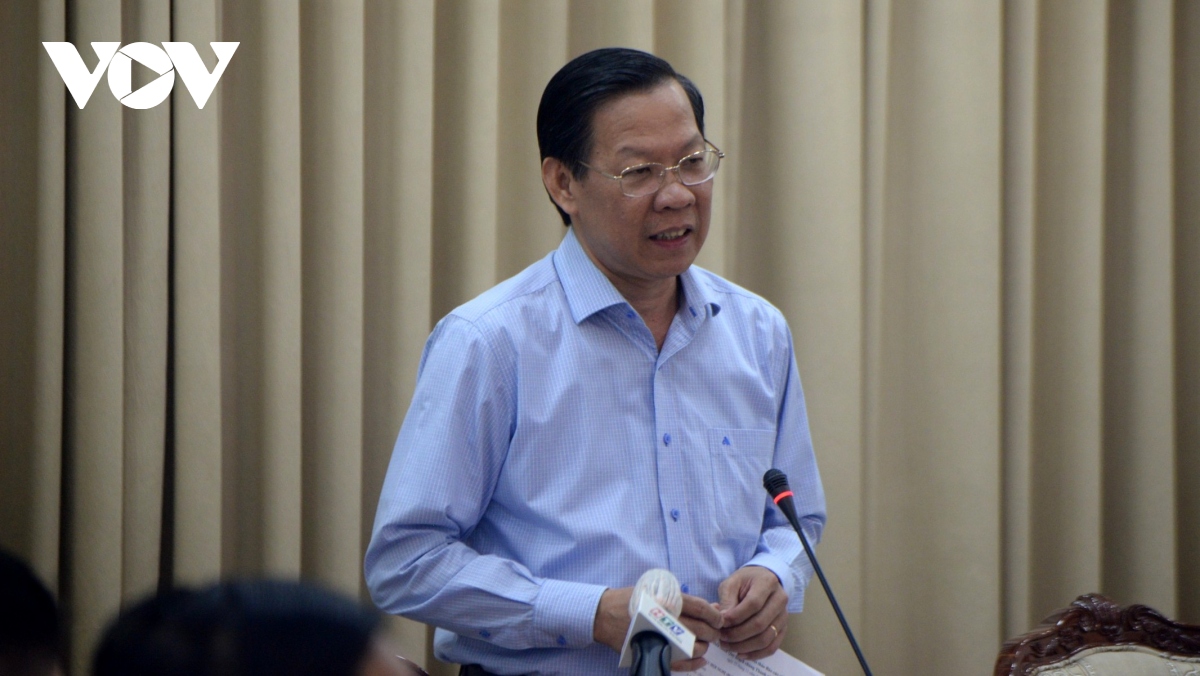
Chairman of the HCM City People’s Committee, Mr. Phan Van Mai
Experts say that HCM City needs a multi-sectoral approach, as the responsibility for building metro lines is not solely the job of the Urban Railway Management Board. The planning, compensation, resettlement, and operation of metro lines are closely related and interdependent.
In this regard, architect Ngo Viet Nam Son suggests that before implementing metro lines, the city should complete the compensation and resettlement work to ensure the progress of construction. Besides, a urban railway corporation and a TOD (Transit Oriented Development) corporation should be established:
“I think the core corporation will be like a joint-stock company, and the first shareholders will be the departments and agencies involved in the project. That means the people who propose the project are also the ones who implement and manage it,” shared architect Ngo Viet Nam Son.
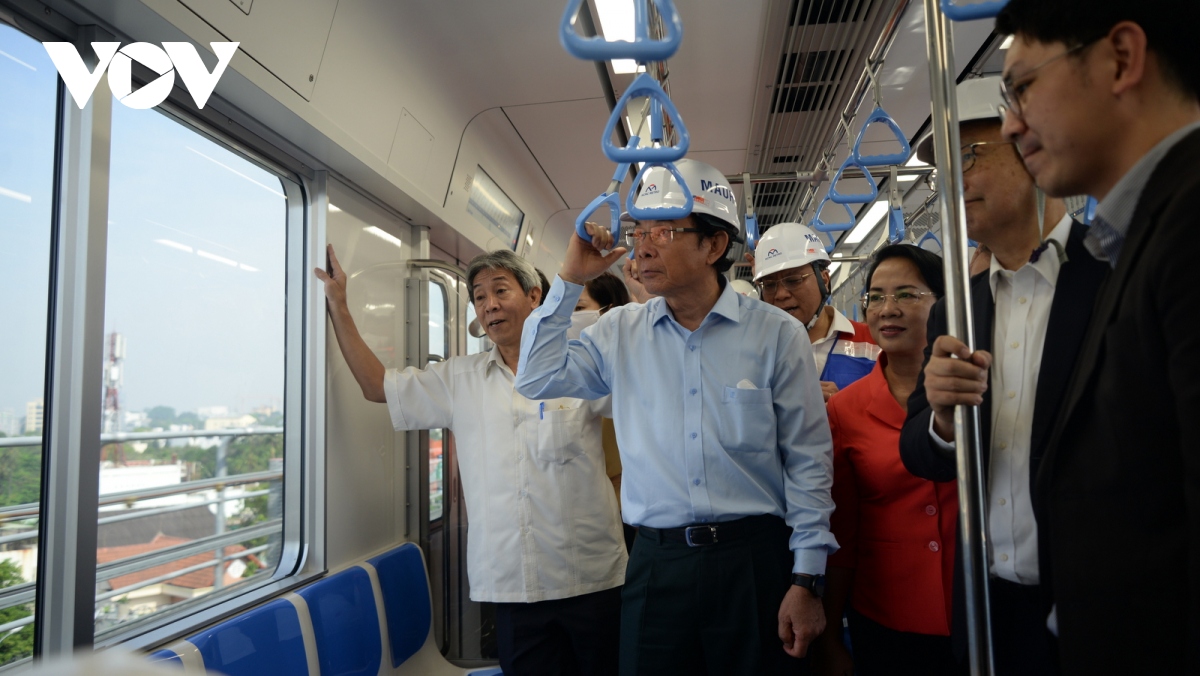
Secretary of the HCM City Party Committee, Mr. Nguyen Van Nen testing metro line 1 in December 2023
Dr. Phan Huu Duy Quoc, who has been involved with metro line 1 for many years, said that the goal of 200km by 2035 seems “unachievable” at first glance, but it can be achieved if testing work is done well and acceleration begins early. For example, Shenzhen in China has built 250km of urban railways in just 5 years. According to Dr. Phan Huu Duy Quoc, this is the acceleration period after all mechanisms have been tested and verified.
“We are setting targets similar to the acceleration phases of Shenzhen, Shanghai, and Beijing in China, while we have not yet entered the testing phase. I propose that we quickly conduct the testing phase and move on to the acceleration phase so that we can hope to complete the goal within the 7-8 years remaining until the end of the National Assembly’s time frame. We can achieve the acceleration phase. Therefore, we must definitely have a testing phase to gain experience and accelerate,” shared Dr. Phan Huu Duy Quoc.
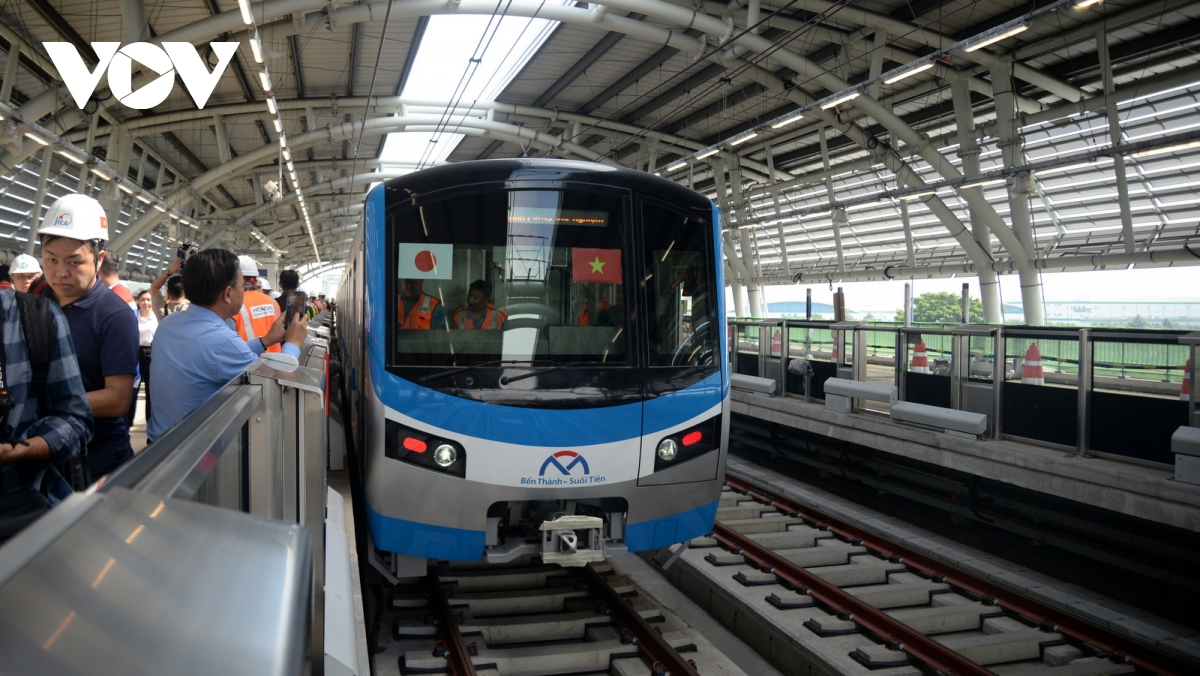
Metro line 1 is expected to start commercial operation in 2024
Economic expert Phan Chanh Duong cited the experience of implementing the Tan Thuan Export Processing Zone and Phu My Hung Urban Area as examples that allowing residents to benefit from projects has helped gain public support.
Therefore, now that there is a plan for 200km of urban railways with hundreds of stations, the city needs to consider “resettlement” for affected residents in order to gain their support for the project. In addition, the city needs to seek comprehensive policies to implement the project and solve the financial issue with the central government.
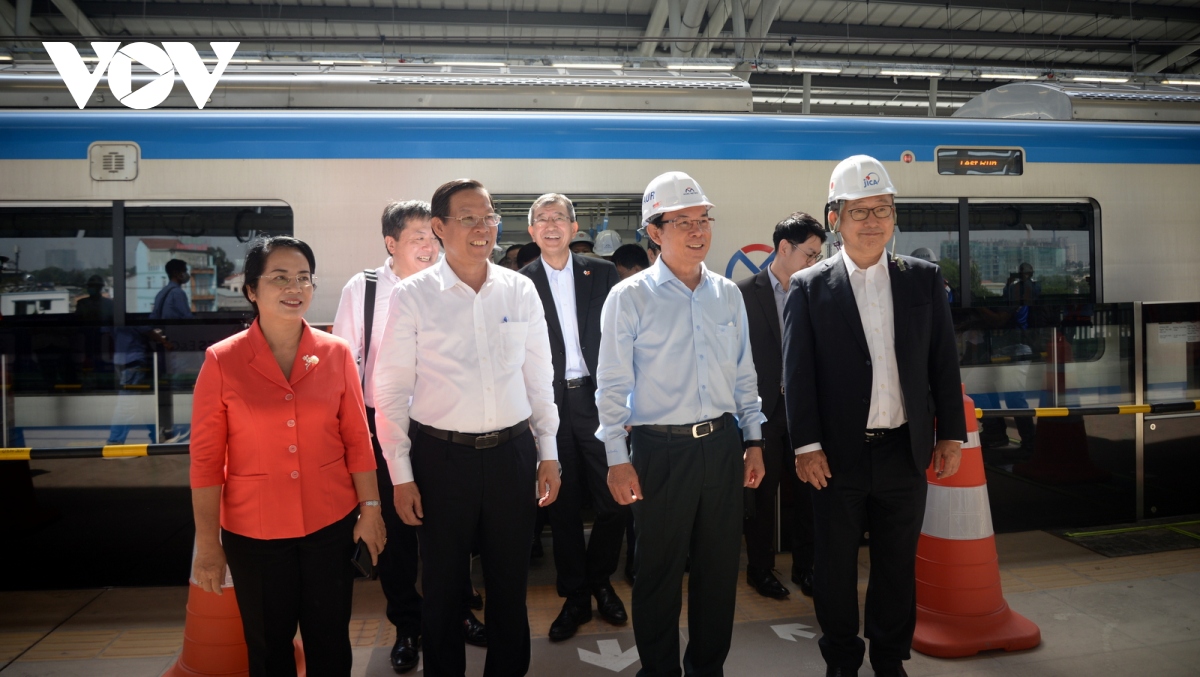
Secretary of the HCM City Party Committee, Mr. Nguyen Van Nen and Chairman of the HCM City People’s Committee, Mr. Phan Van Mai, together with Japanese officials, testing metro line 1 in December 2023
Mr. Phan Chanh Duong gave an example of a first road that may take a long time to build. But once that road is completed, the human resources used to build it can be used to build 2 roads, and the third time they can build 4 roads simultaneously. Therefore, if we follow this rolling strategy, the goal of “200km of urban railways by 2035” can be achieved: “This is a rolling strategy, where each roll becomes 1 and 2 becomes 4, and human resources are also trained in the process. Because of that, we can work very quickly because we have our own human resources, doubling human resources. And in the future, private enterprises may also participate” said Mr. Phan Chanh Duong.
Multi-sectoral approach and requesting implementation mechanisms
Chairman Phan Van Mai affirmed that not only regarding urban railways but also other issues, HCM City approaches them from multiple sectors and takes an overall perspective with the goal of sustainable development and people-centeredness. When building the metro system, a multi-sectoral approach is applied from the beginning, with the Urban Railway Management Board playing a coordinating role, and the relevant departments and agencies cooperating under the direction and management of the City People’s Committee.
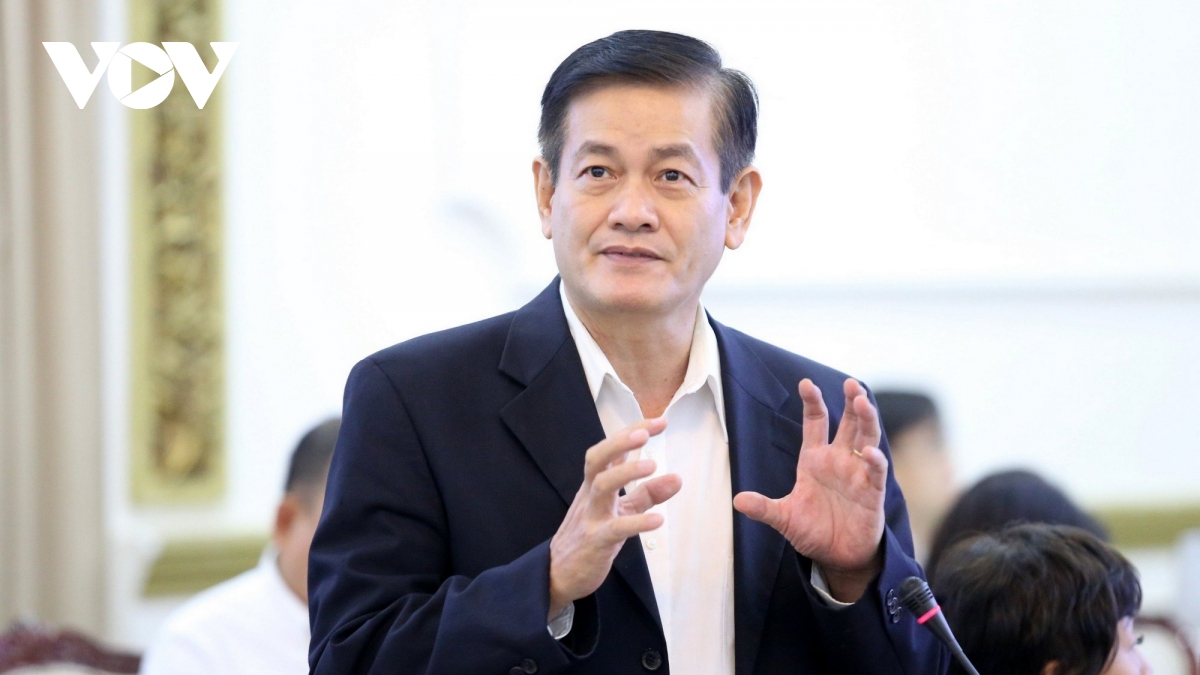
Architect Ngo Viet Nam Son
Chairman of the HCM City People’s Committee Phan Van Mai affirmed that the city will not change the target of completing 200km of metro by 2035 according to Resolution 49. The city will make efforts to possibly shorten the timeframe by 2-3 years, but will work with the highest determination. In particular, during the implementation, HCM City will not request funding from the central government but instead request financial mechanisms to carry out the project. HCM City needs $10 billion to build the metro, but not all at once, only $1-2 billion per year. The city has a cash flow plan to solve the problem: “We request financial mechanisms instead. Second, we need to conduct pilots. It’s not about completing a pilot project before doing the rest, that way we won’t be able to complete the 200km within 11-12 years. HCM City plans to pilot for 1-3 years, including pilots in the project preparation phase. After completing the project preparation phase, we will prepare for the remaining packages,” said Chairman Phan Van Mai.
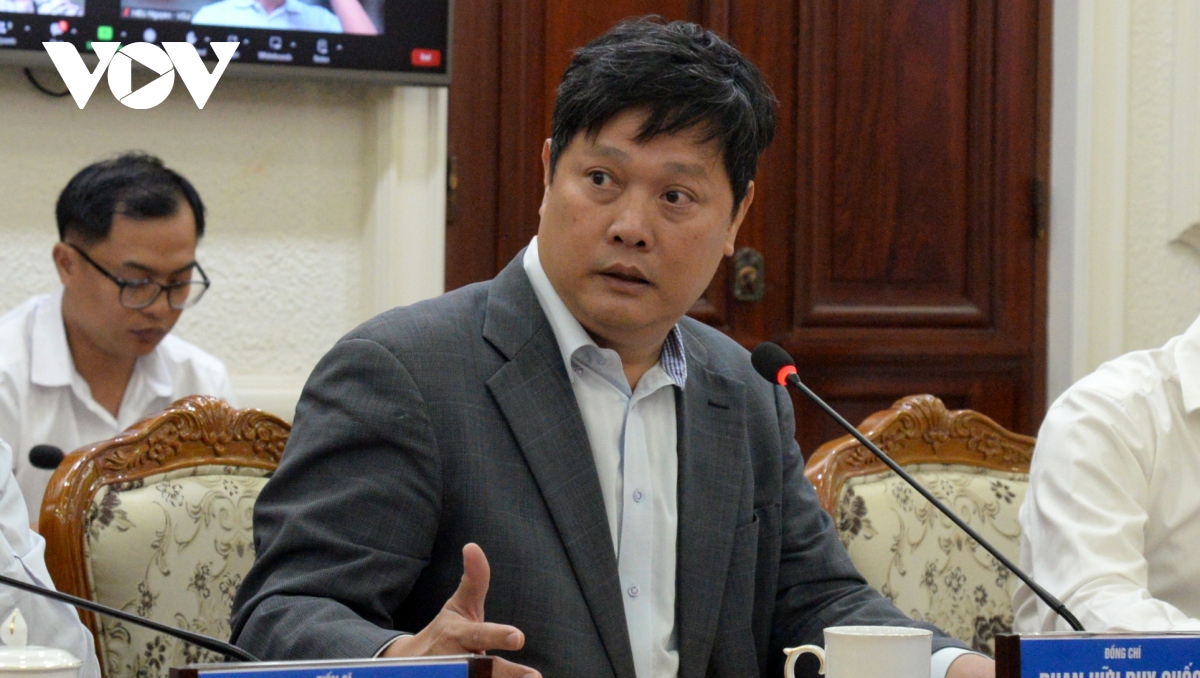
Dr. Phan Huu Duy Quoc
Recently, the Advisory Council for the implementation of Resolution 98 sent a document to the HCM City People’s Committee, which supports the construction of a comprehensive plan for 200km of urban railways for HCM City to submit to the Politburo and the National Assembly for approval. It includes delegation and empowerment for the city to decide on component projects.
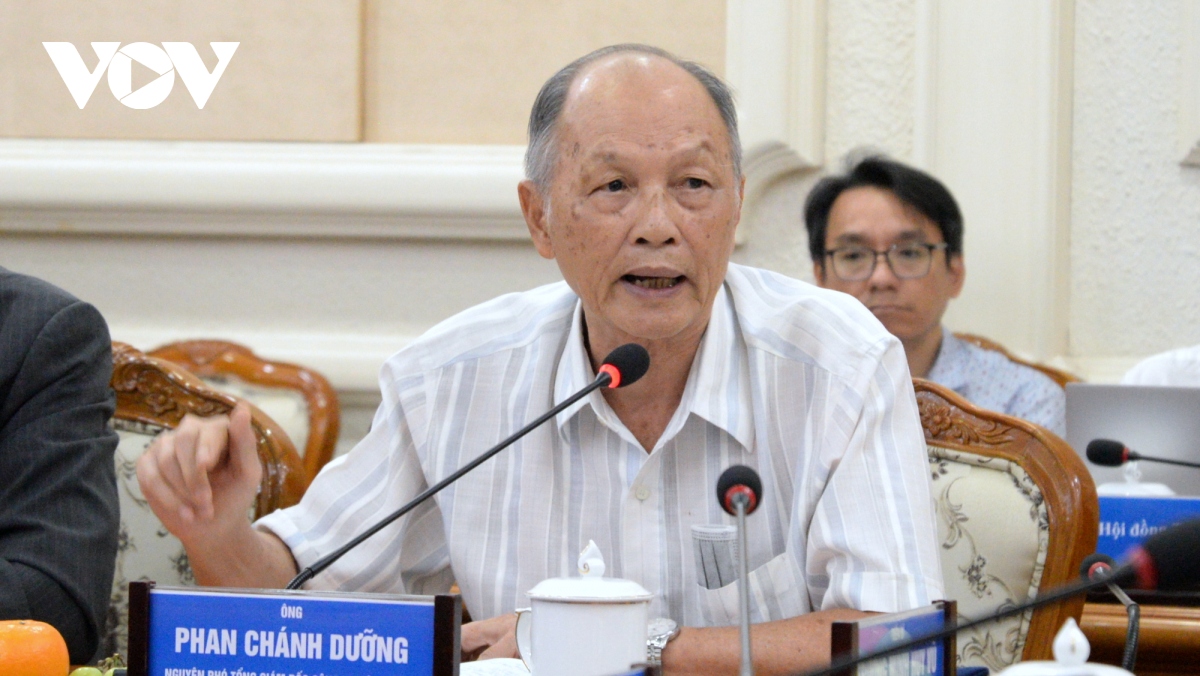
Mr. Phan Chanh Duong
The Advisory Council recommends 5 groups of solutions, including a group of unprecedented mechanisms and empowerment for HCM City to approve each component project; a group of financial mechanisms; a group of operational mechanisms; a group of mechanisms to develop industries that support urban railways; and a group of mechanisms to organize implementation.

HCM City is implementing the goal of 200km of urban railways by 2035
The Advisory Council for the implementation of Resolution 98 also proposes additional research on mechanisms and policies for training human resources to gradually meet the management capacity and organizational implementation of the project before, during, and after the formation of the plan… Particularly, it is necessary to improve the capacity of state management and the capacity of current officials to implement…

































